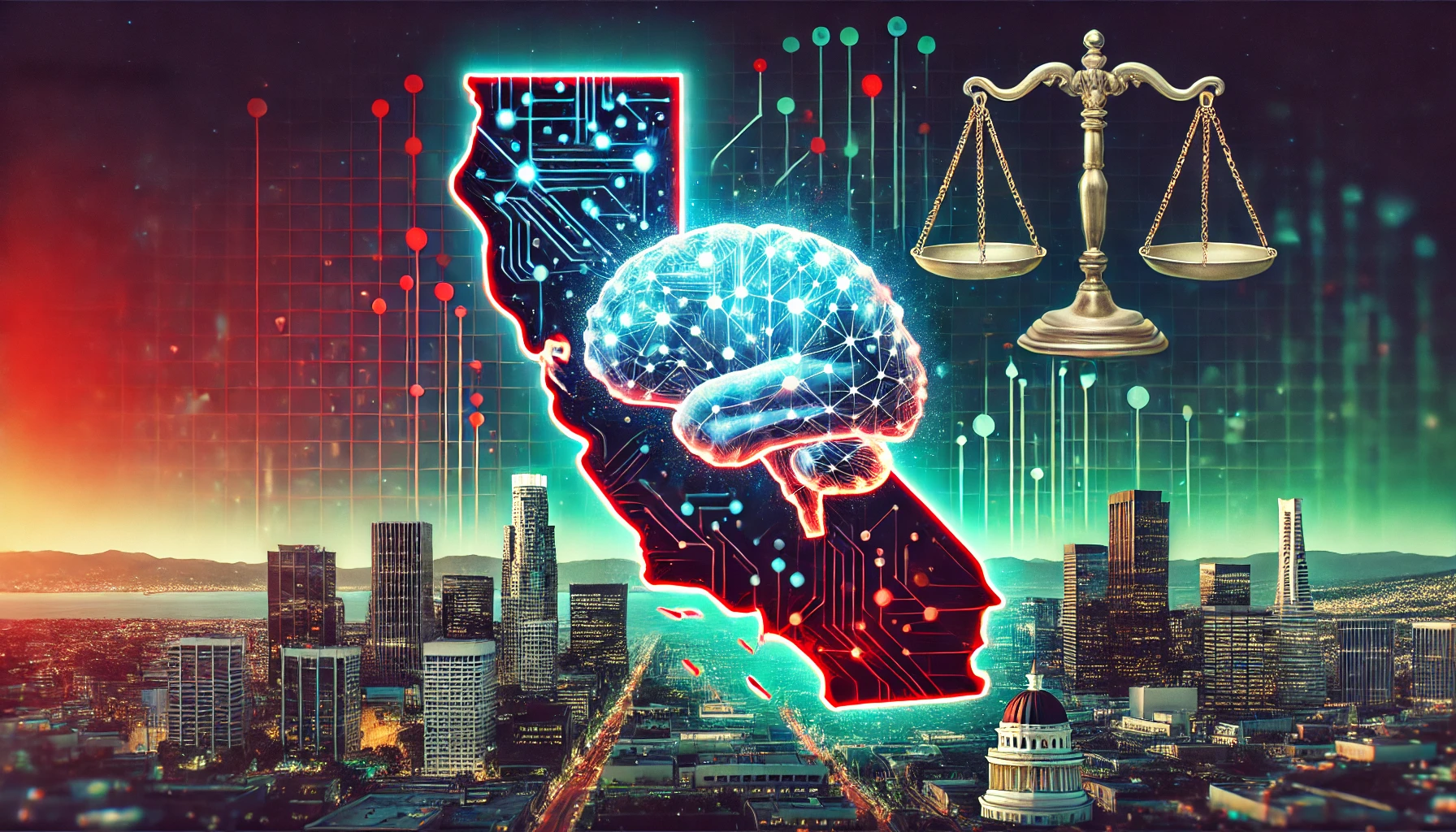AI companies in California breathed a collective sigh of relief as Governor Gavin Newsom vetoed the SB 1047 AI safety bill that the State Senate passed earlier this month.
The controversial bill would mandate additional safety checks for AI models that cross a training compute or cost threshold if signed into law. These models would require a “kill switch” and incur heavy fines for makers of the models if they were used to cause “critical harm”.
In his letter to the California State Senate, Newsom explained the reasons for his decision to veto the bill.
He noted that one of the reasons that California is home to 32 of the world’s 50 leading AI companies is the state’s “free-spirited cultivation of intellectual freedom.” He didn’t mention the risk of some of these companies leaving California, but he hinted at the impact the bill would have on them.
Newsom said the main reason for vetoing the bill was that it was overly broad and the threshold for regulation didn’t address actual risks.
He said, “By focusing only on the most expensive and large-scale models, SB 1047 establishes a regulatory framework that could give the public a false sense of security about controlling this fast-moving technology. Smaller, specialized models may emerge as equally or even more dangerous than the models targeted by SB 1047 – at the potential expense of curtailing the very innovation that fuels advancement in favor of the public good.”
Newsom said that regulation of AI risks was necessary but that a focus on risky applications rather than the blanket approach of SB 1047 was a better option.
“SB 1047 does not take into account whether an Al system is deployed in high-risk environments, involves critical decision-making or the use of sensitive data. Instead, the bill applies stringent standards to even the most basic functions – so long as a large system deploys it. I do not believe this is the best approach to protecting the public from real threats posed by the technology,” Newsom explained.
While Newsom declined to sign SB 1047, he pointed to other AI regulations he signed this month as evidence that he’s taking the risks associated with AI seriously.
He summed up his commitment to safety and AI advancement by saying, “Given the stakes – protecting against actual threats without unnecessarily thwarting the promise of this technology to advance the public good – we must get this right.”
Senator Scott Weiner was understandably unhappy that Newsom declined to sign the bill he authored.
Weiner said, “This veto is a setback for everyone who believes in oversight of massive corporations that are making critical decisions that affect the safety and welfare of the public and the future of the planet…This veto leaves us with the troubling reality that companies aiming to create an extremely powerful technology face no binding restrictions from U.S. policymakers, particularly given Congress’s continuing paralysis around regulating the tech industry in any meaningful way.”
While Weiner lamented the failure of the bill, Meta’s Yann LeCun and venture capitalist Marc Andreesen publicly thanked Newsom for the veto.
We’ll have to wait to see if Newsom’s decision is an example of forward-thinking leadership or a cause for regret.





